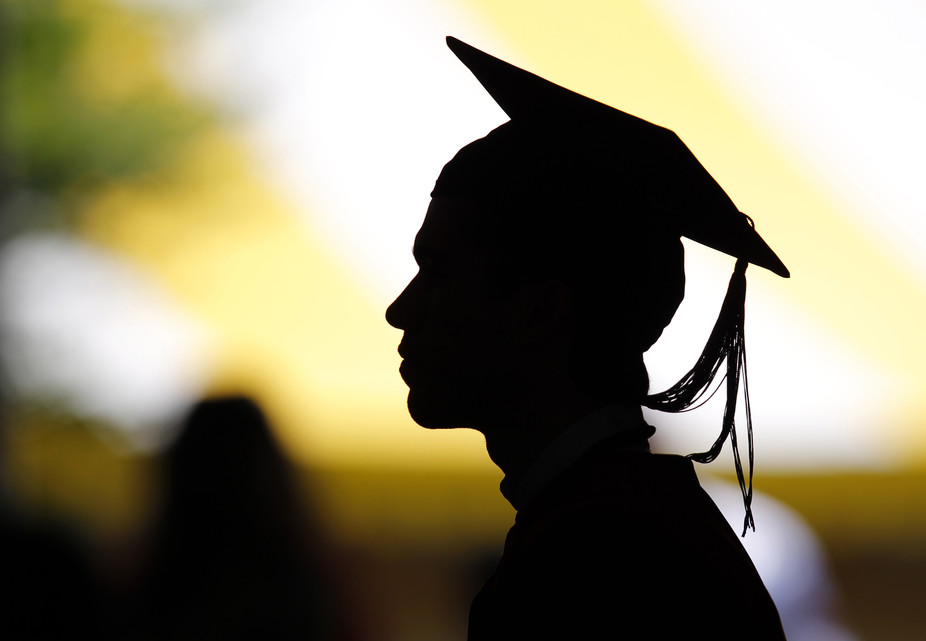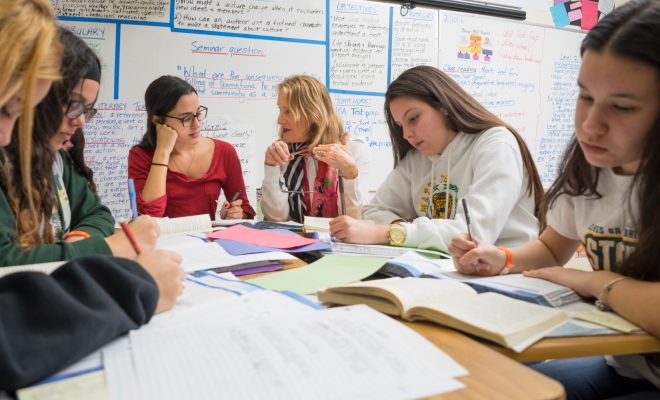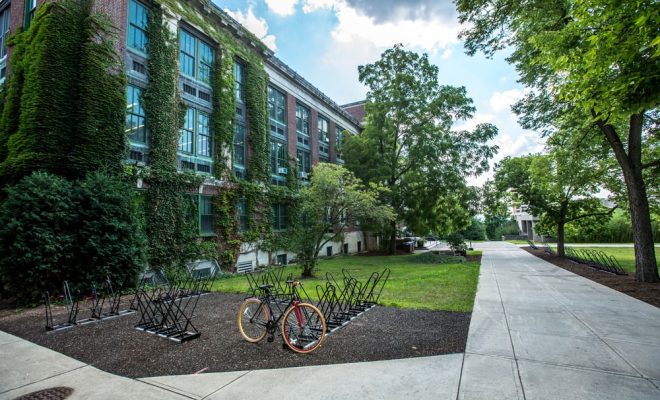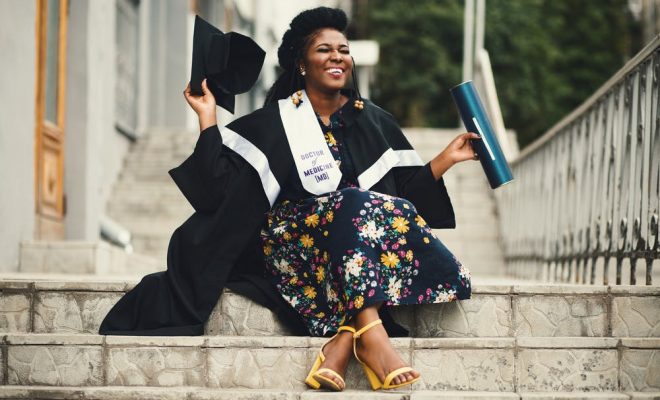What is College-Readiness?

“College-readiness” refers to the ability of a high school student to succeed in the pursuit of post-secondary education. To be college-ready, students need to be exposed to a wide range of competencies inside and outside of the academic content taught in the classroom.
We know that students need to be prepared to take on the challenges that they will face at college or university. Even the Department of Education has made both college- and career-readiness a priority in the past decade. As a result, senior high school graduates should have the knowledge and skills necessary to be successful in first-year courses without the requirement of remedial work.
The academic aspect of college-readiness is perhaps the most concrete. Academic readiness for college can be measured by standardized test scores, GPAs, and other performance benchmarks. A student’s extra-curricular activities can also indicate their level of college readiness. To be considered college-ready, students should have the appropriate academic history to enter college or university without having to enroll in remedial courses. Academic preparation for higher education can only go so far, though.
It is not unusual for top-performing high school students to struggle with organizational and study skills, as well as structure and self-discipline. If they were not challenged through their academic work in their K-12 years, they will enter their freshman year of college with weak learning strategies and unrealistic expectations of the amount of effort needed to maintain a high level of academic performance. Students that struggle with these self-awareness skills need to learn to understand their style of learning so that they can excel in higher education.
Cognition and behavior are not to be ignored when evaluating college-readiness. A new college student encounters new experiences, challenges, and people every day. How will they handle these unfamiliar situations? Can they set achievable goals and monitor their own progress? Are they comfortable with self-advocacy and finding the resources they need to be successful? Students entering higher education should be able to engage in effective conflict-resolution, problem-solving, and self-awareness.
The final (and perhaps the most critical in the short-term) skill needed to be considered college-ready is the understanding of the commitment to college and university. Students need to be prepared for the transition into higher education. This includes understanding course loads, academic expectations, and financial requirements. This is an area of college-readiness that underrepresented students, such as students from low-income background or minorities, struggle with.
The goal of our schools is to develop the knowledge, skills, and behaviors associated with college-readiness in every student. This is not limited to content knowledge. Students need to develop self-efficacy and take ownership of their learning. This cannot be the focus of only our secondary schools, but a cumulative effort by teachers from lower elementary to high school to prepare our youth for success past high school graduation.





